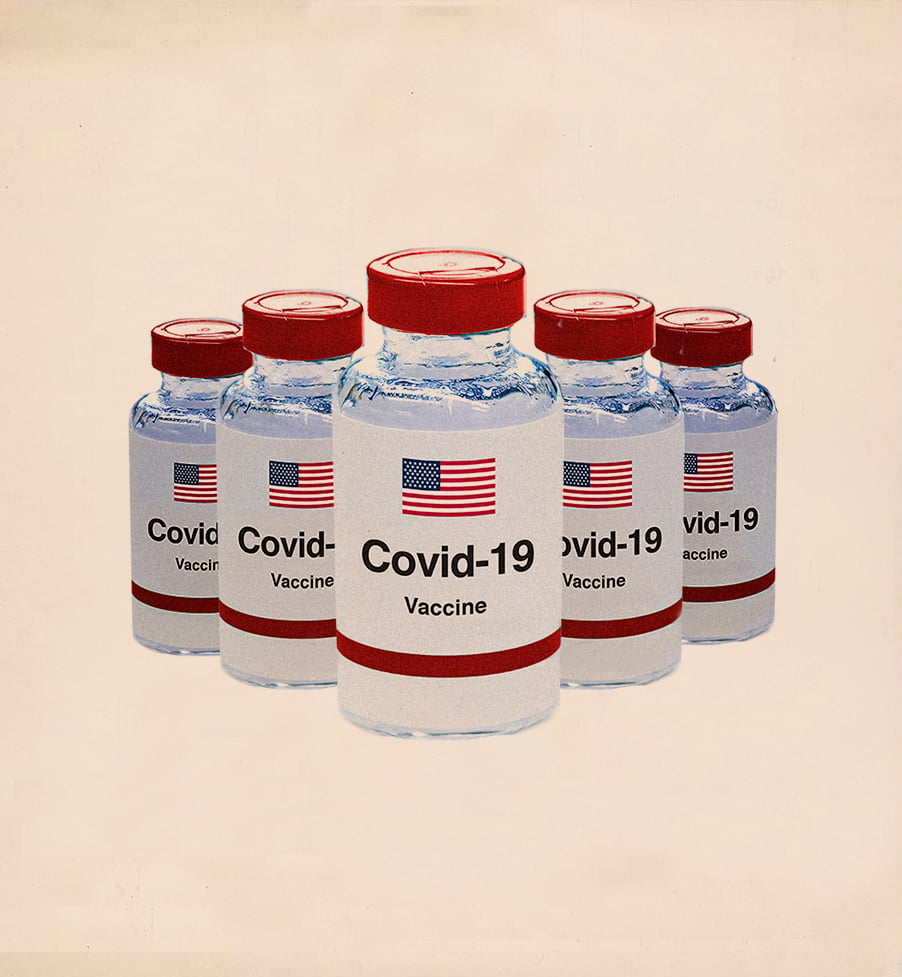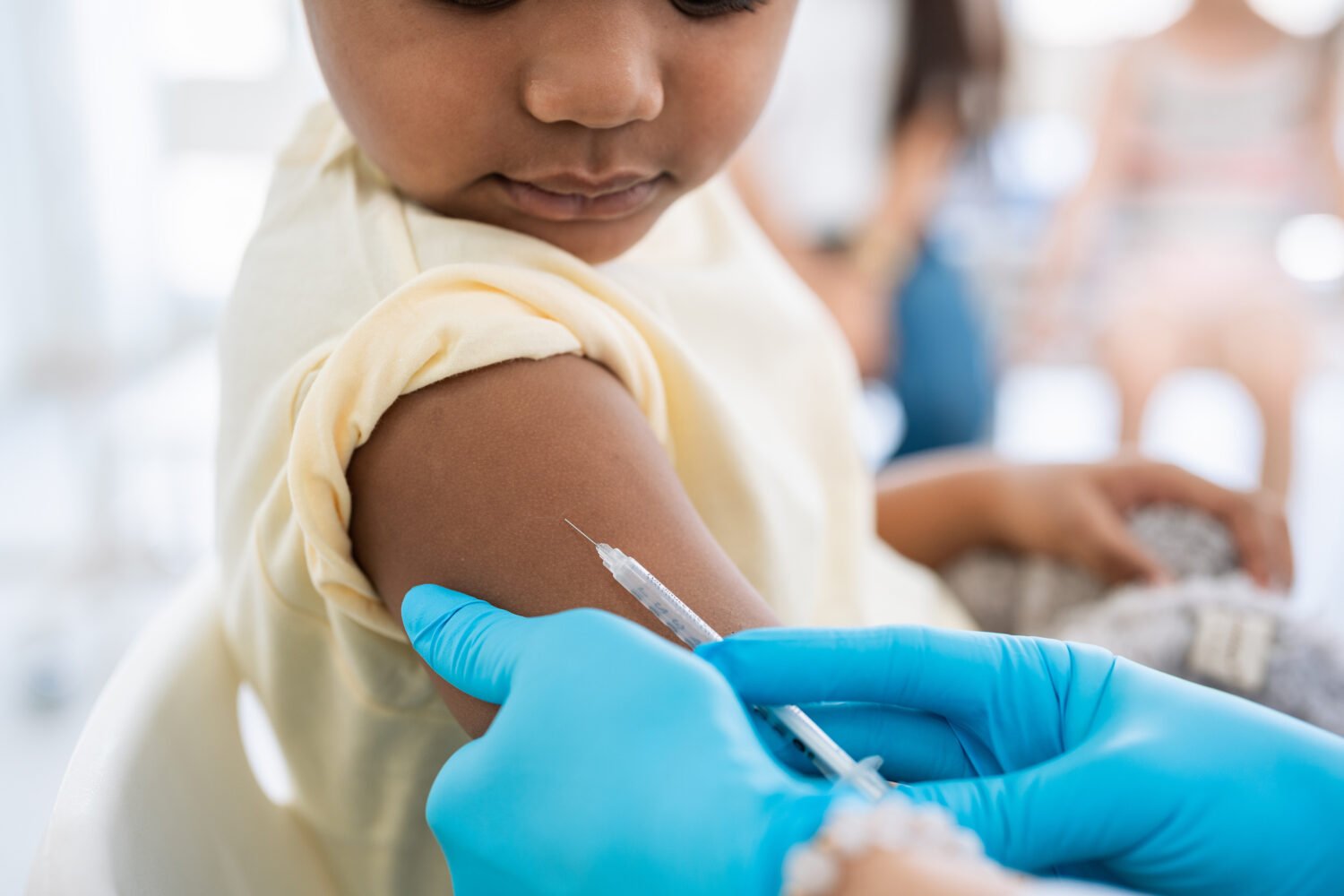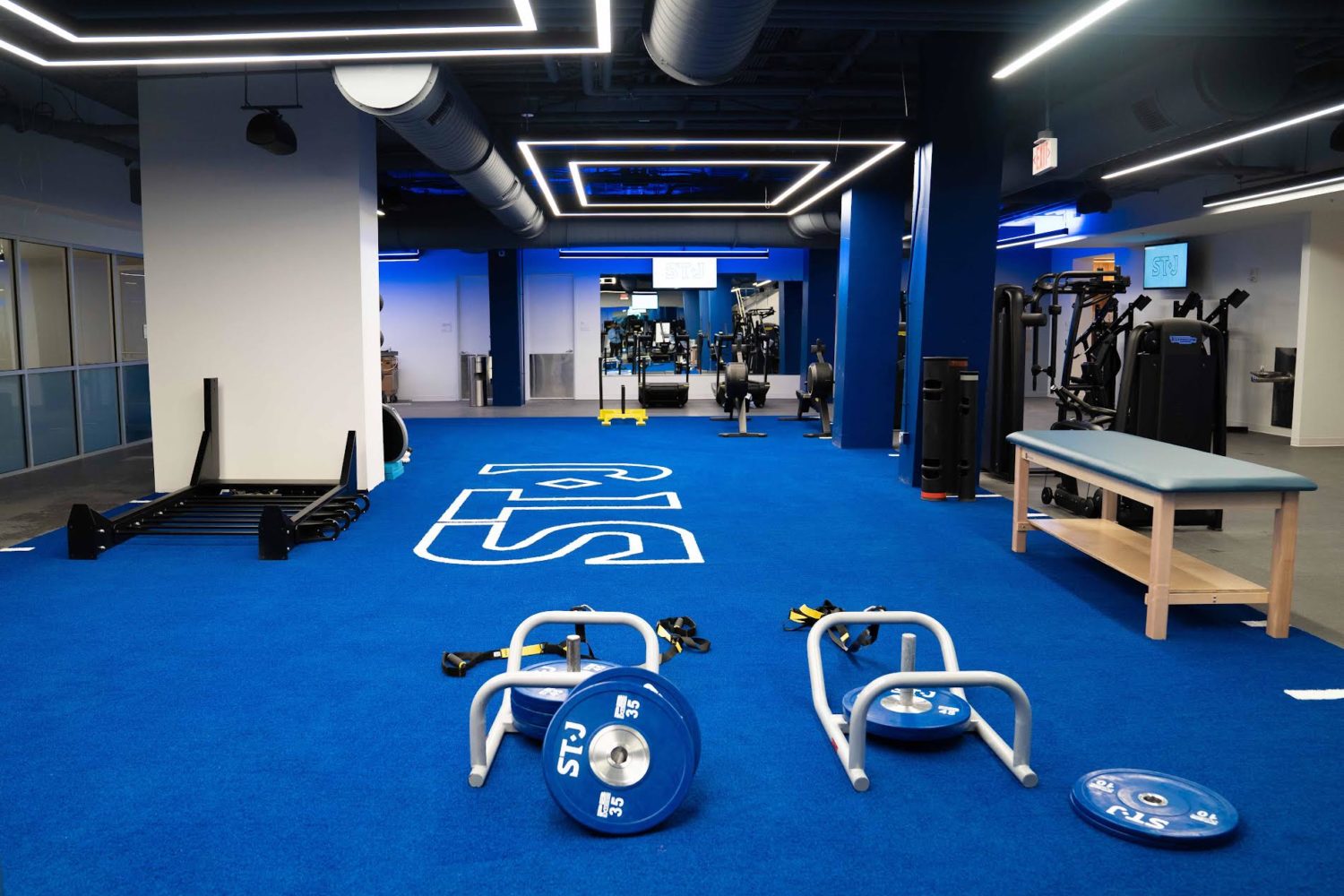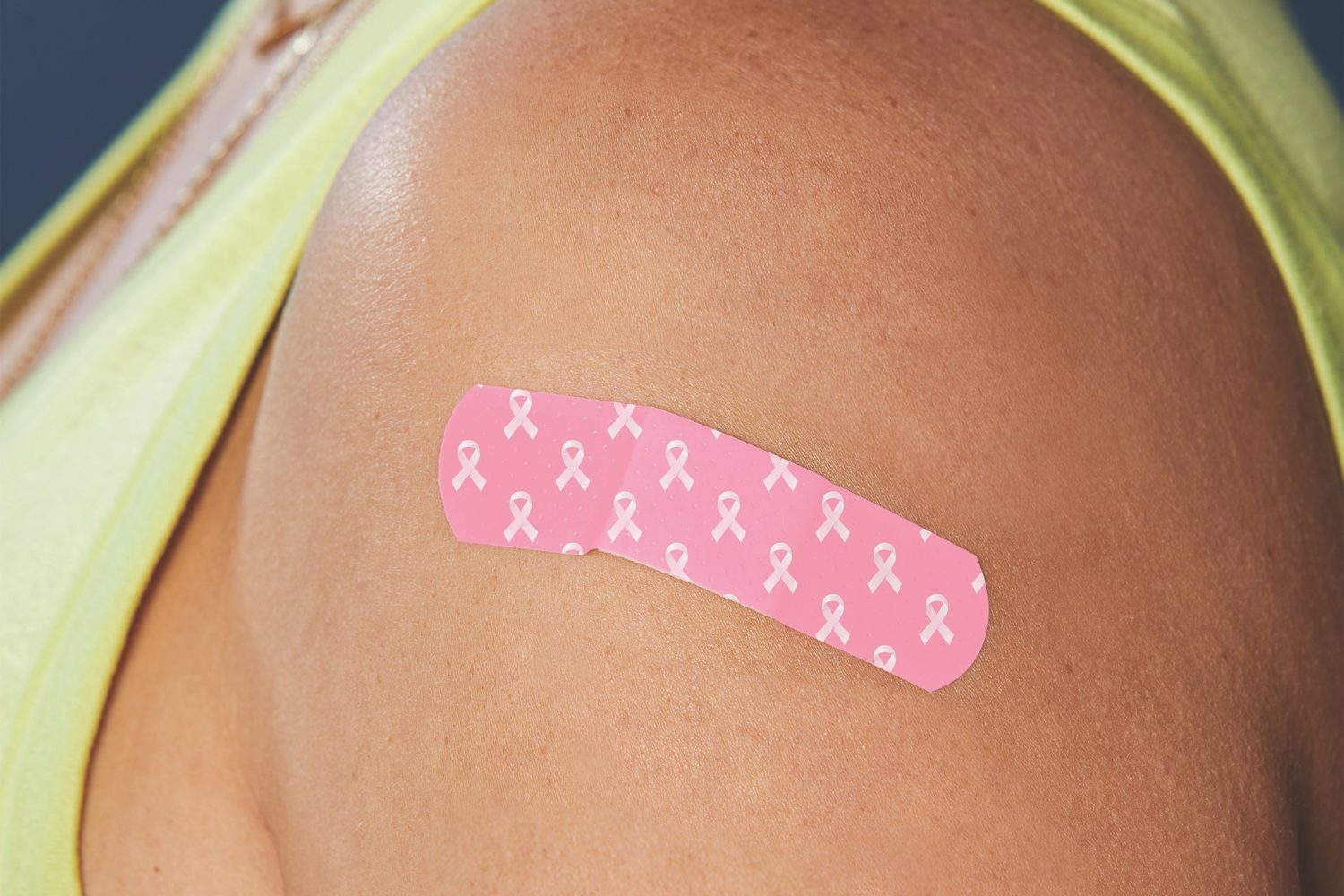Covid-19 vaccines are coming, perhaps—if everything goes well—as soon as this year. Then what? Once a safe and effective vaccine is widely available, efforts will move out of the realm of science and into another field that has a profound impact on modern existence: marketing.
Presumably, the task of convincing Americans to be vaccinated will fall to government institutions such as NIH and the CDC, the latter of which traditionally handles federal efforts to educate the public on health matters. But they’re going to need help. Recent polls suggest that less than half of the country is currently planning to get a vaccine when it’s available.
“It’s going to be like climbing Mount Everest,” says DC physician John Whyte, who is chief medical officer of WebMD and previously worked for the FDA’s drug-approval wing. “If you asked me five months ago, I would have said people would be lining up to get the vaccine. Now it’s become politicized.”
The Washington area is home to several marketing and advertising firms that are prominent in the health-care field. So far, there doesn’t seem to be any coordinated private-sector effort to ramp up a strategy, but that doesn’t mean local marketers aren’t thinking about the issue. David Gorodetski, cofounder of McLean’s Sage Communications, says he “would use basically all vehicles available” to make sure Covid-vaccine messaging is ubiquitous. “I would go to churches and community centers, supermarkets, radio stations. I’d use fliers and brochures, TV, digital.”
A certain science-denying percentage of the population is probably unreachable, so rather than wasting money on an unwinnable culture war, experts say, the campaigns should focus on rational people who have understandable concerns about being injected with a brand-new vaccine that was rushed to the market with unprecedented speed. The marketing effort needs to be fact- and data-driven and devoid of any political agenda, with a “clear, simple, and consistent message,” says Whyte. What’s more, it doesn’t have to rely on traditional, staid public-service announcements. Says Rob Whittle, CEO of Alexandria’s Williams Whittle: “I might even use humor, poke gentle fun at people who don’t want to be saved.”
Of course, the message itself is only part of the equation. Just as key: who is delivering it. The information needs to come from a source Americans will actually trust—a significant challenge in this era of free-flowing disinformation. One idea is to tap a prominent person who could act as a sort of Covid Uncle Sam—a highly visible figure who can reassure Americans and create a sense of patriotism around taking the vaccine. That individual probably isn’t NIH’s Anthony Fauci, who—absurd though it may be—has probably become too polarizing to be effective in the role. (It should go without saying that the contours of the marketing effort will significantly depend on who occupies the White House next year.)
But while a bearded man in a top hat might have been a useful tool during World War I, the Covid vaccine could require a more modern approach. Gorodetski suggests tapping a broad array of spokespeople—it’s easy to imagine all sorts of actors, athletes, politicians, and religious leaders stepping up—to reach different constituencies. And given widespread skepticism of the national media, it might make sense to augment any central campaign with a network of local efforts. Whyte recommends recruiting regular citizens who have recovered from Covid and can speak to their communities about the disease’s severity.
It’s not yet clear what percentage of the population needs to be vaccinated in order to reach herd immunity, but not every American will have to get the vaccine for it to have an impact. The marketing strategy should therefore focus on convincing the curious. “This is no different than a cell phone or anything new that’s being introduced,” says Matt Smith, founder of the Falls Church firm SmithGifford. “You have early adopters who will get anything when it first comes out,” and then momentum picks up “as things become more normalized and mainstream.”
What’s important is not to immediately convert the masses but to reach as many early adopters as possible on the theory that the mainstream will follow. The goal is to make the vaccine seem routine—just another part of anyone’s health-care regimen. “At some point, when you go to visit your doctor, they’re going to ask if you got the Covid vaccine, just like they do with the flu vaccine,” says Smith. “And if you say no, they’ll say, ‘You’re an idiot and you need to take it.’ ”
This article appears in the October 2020 issue of Washingtonian.



















